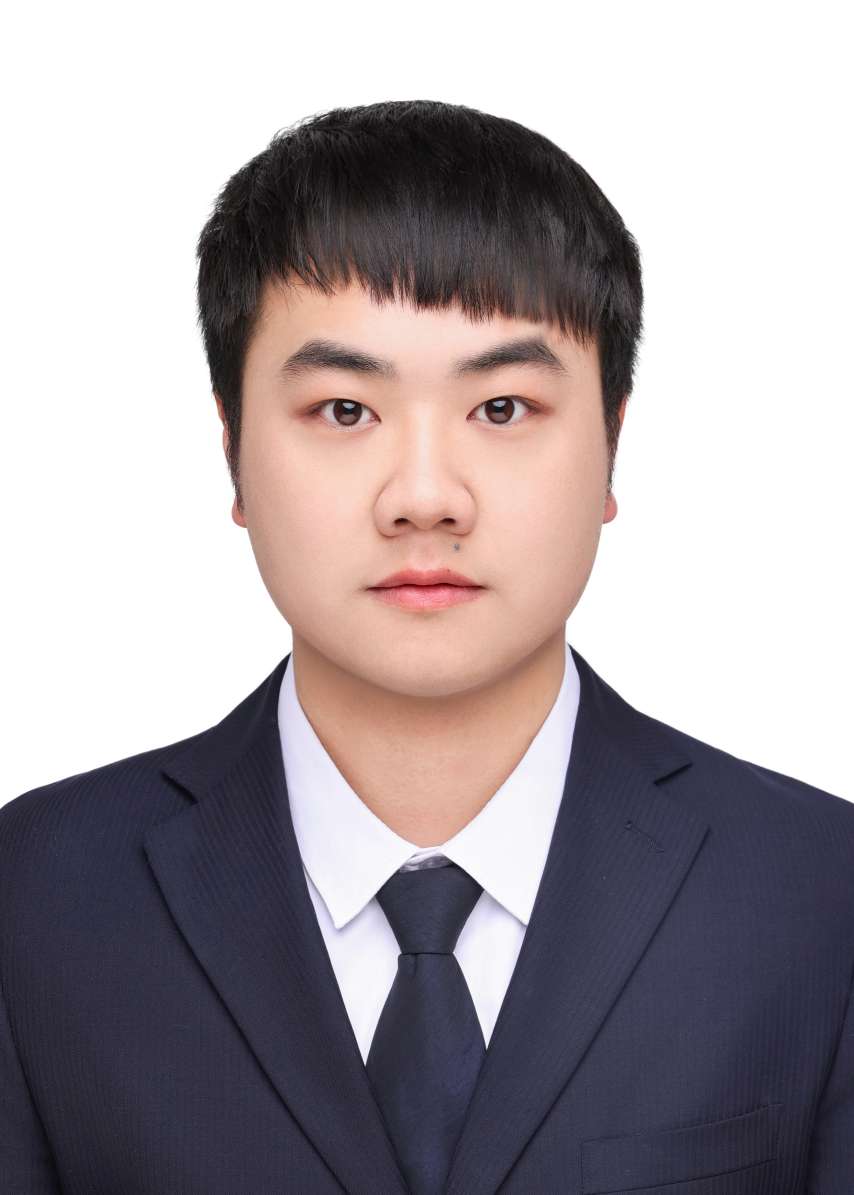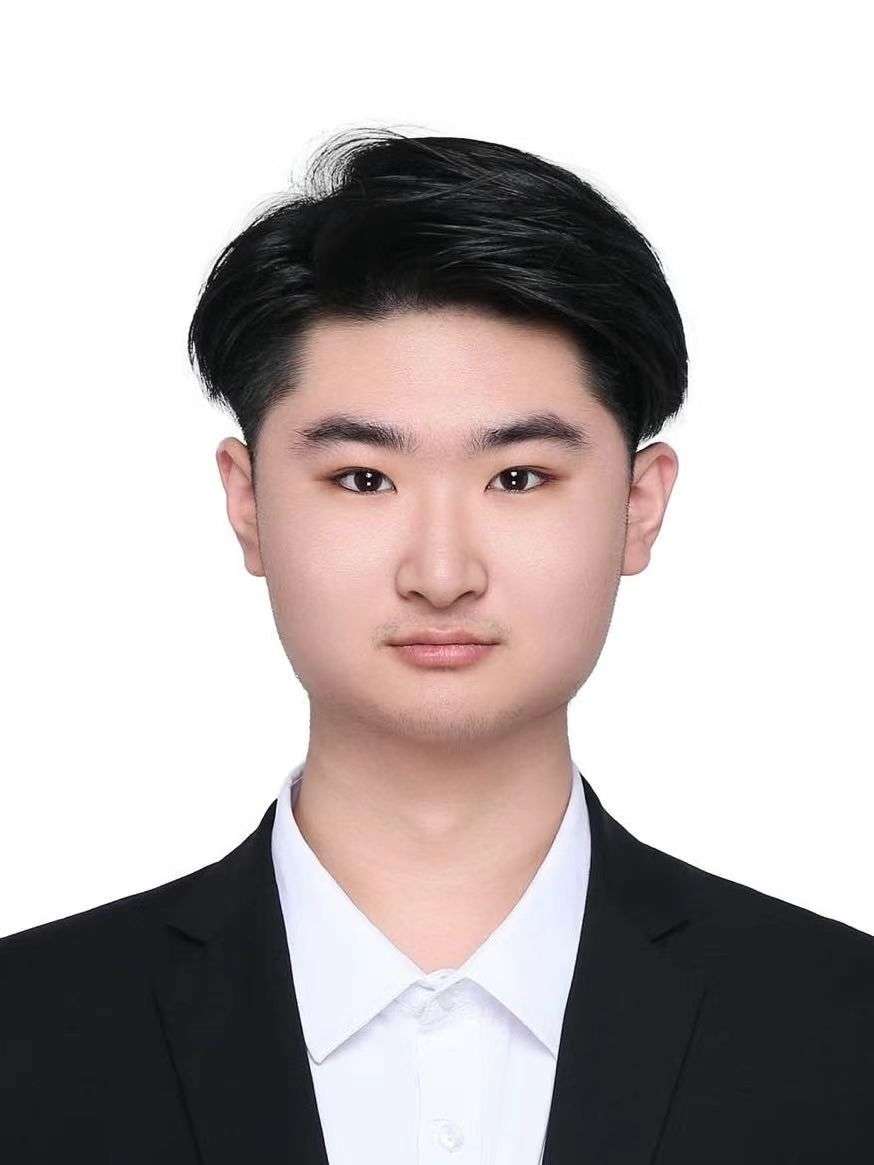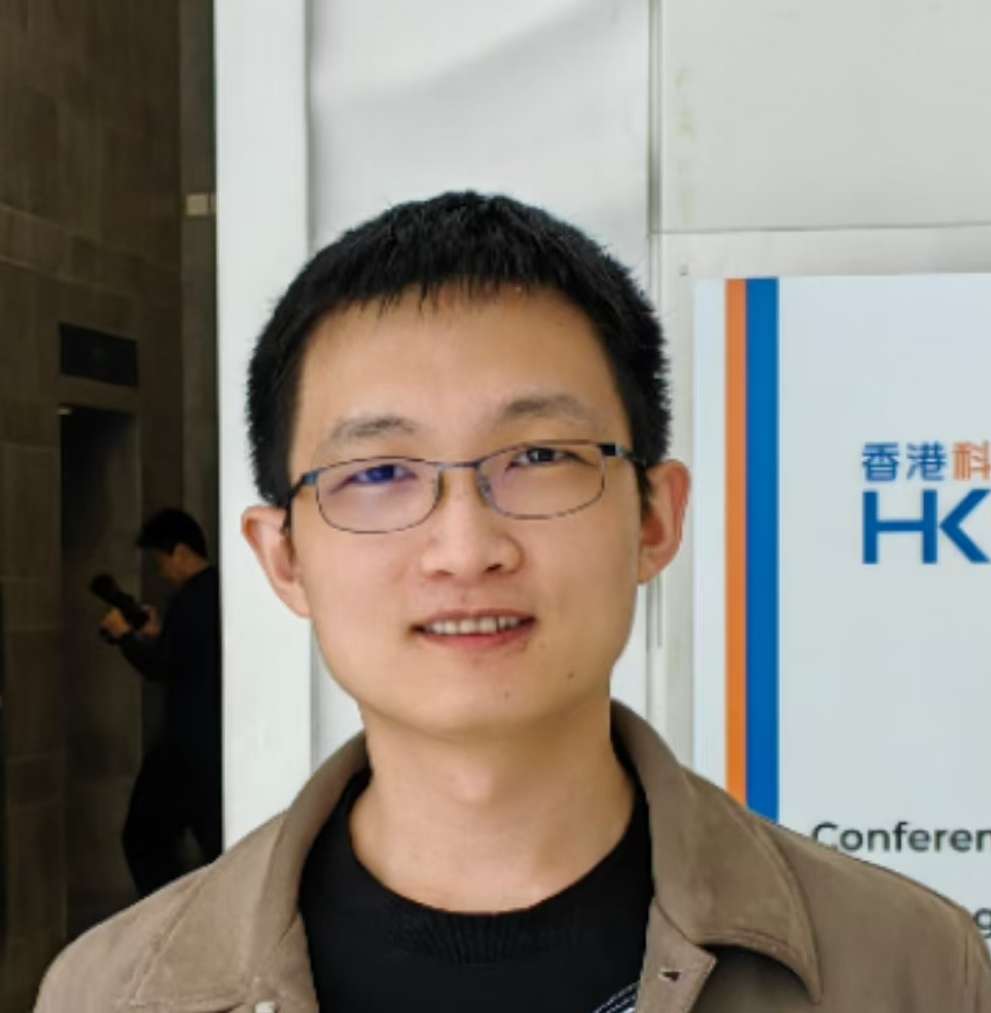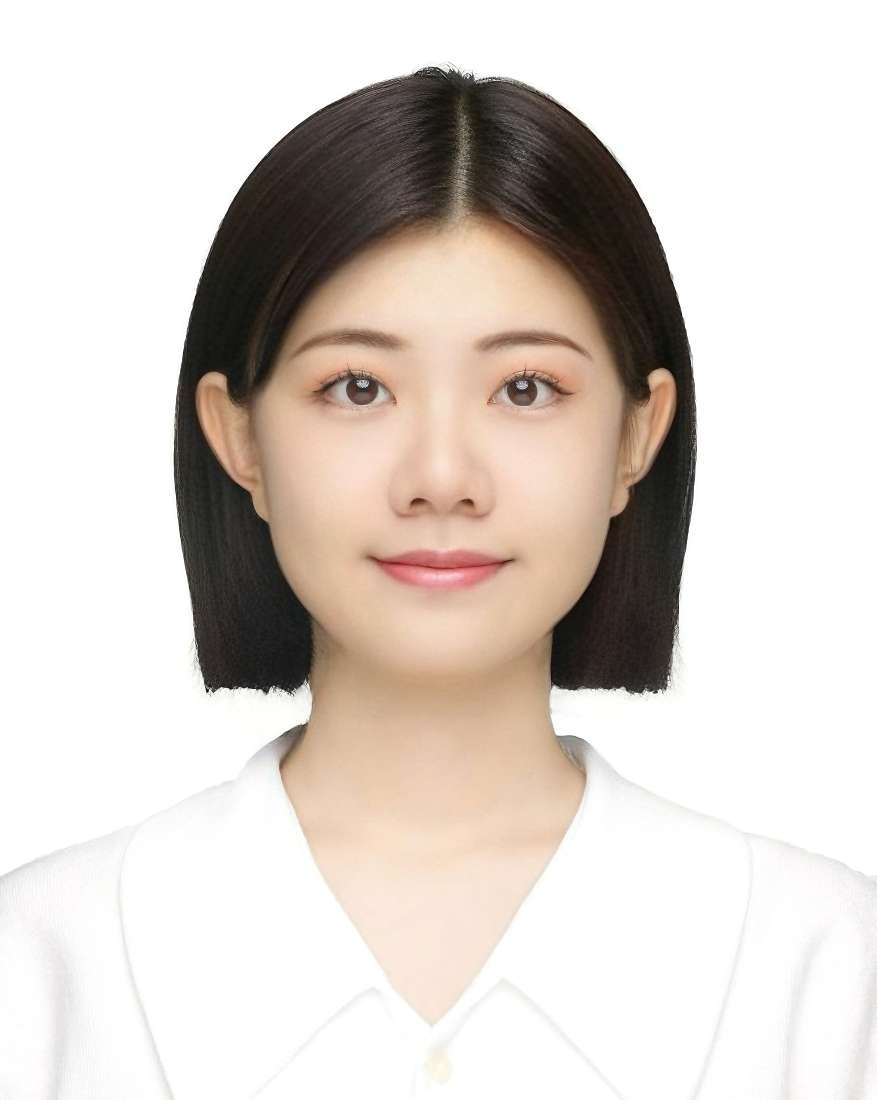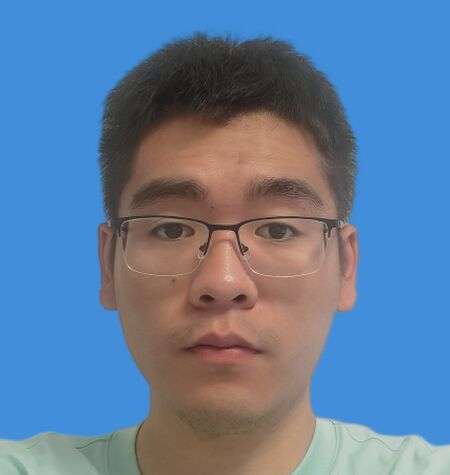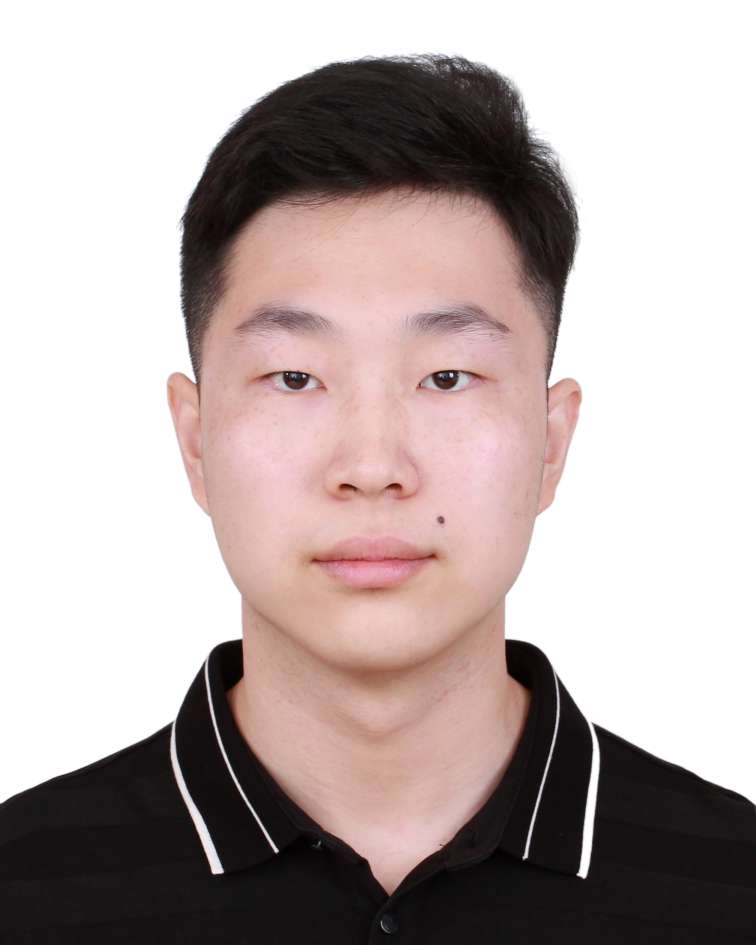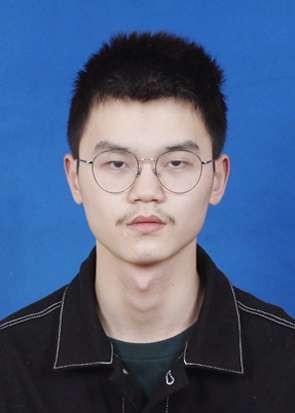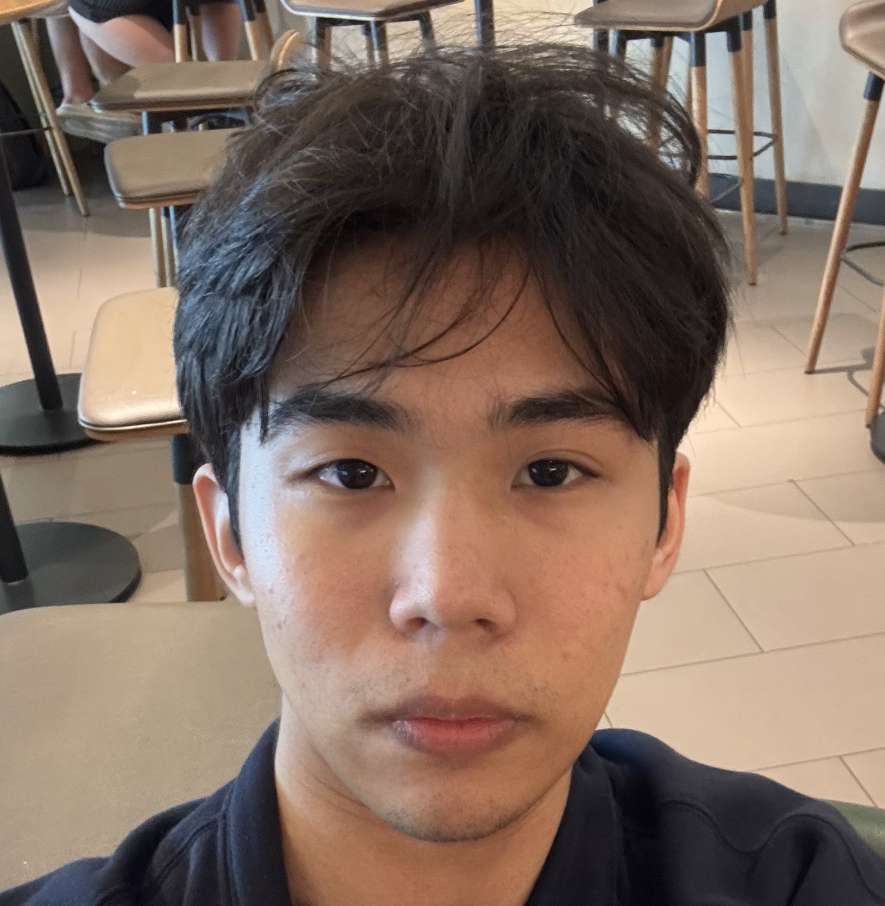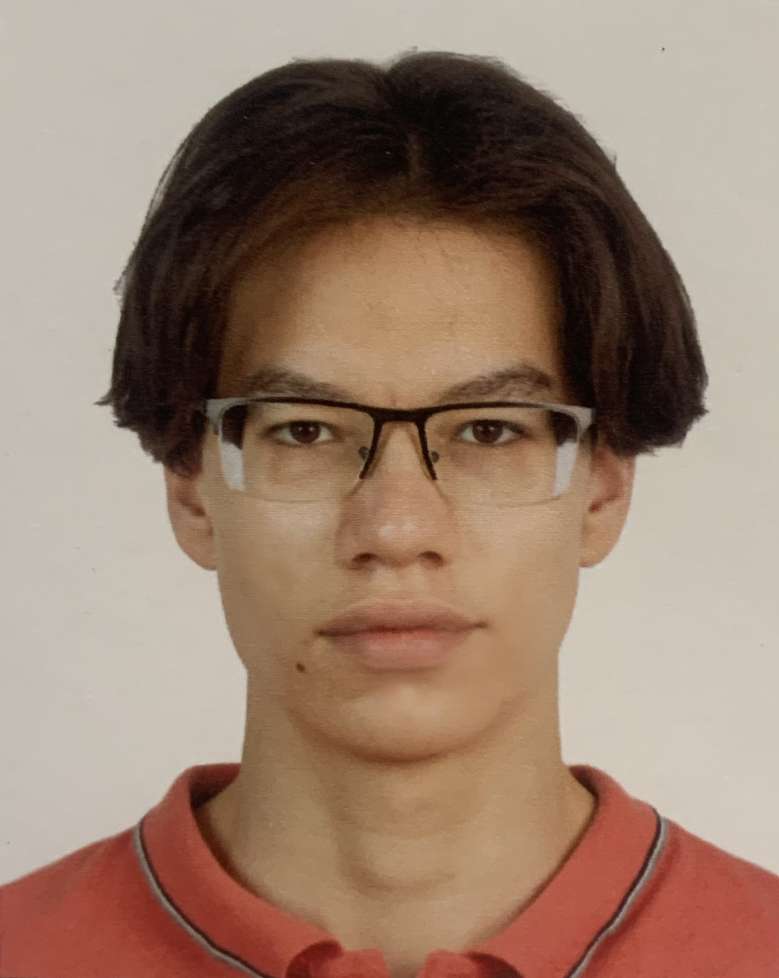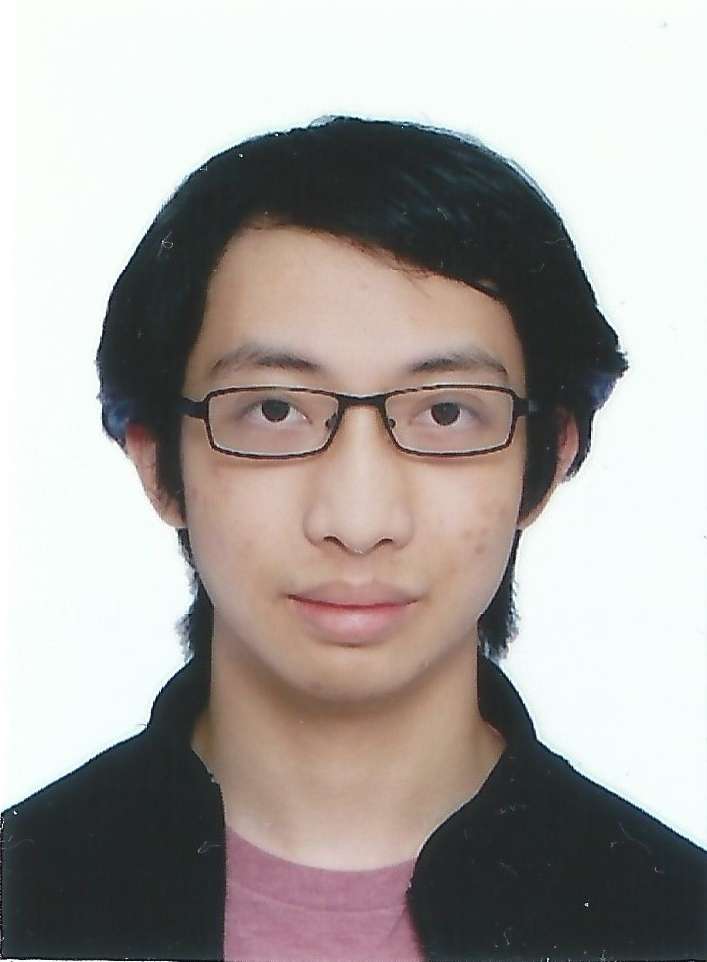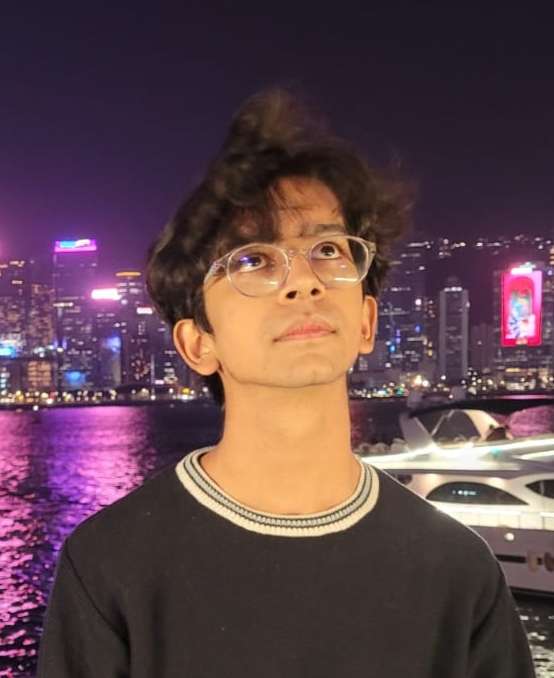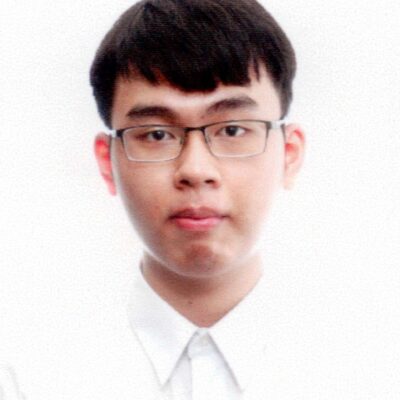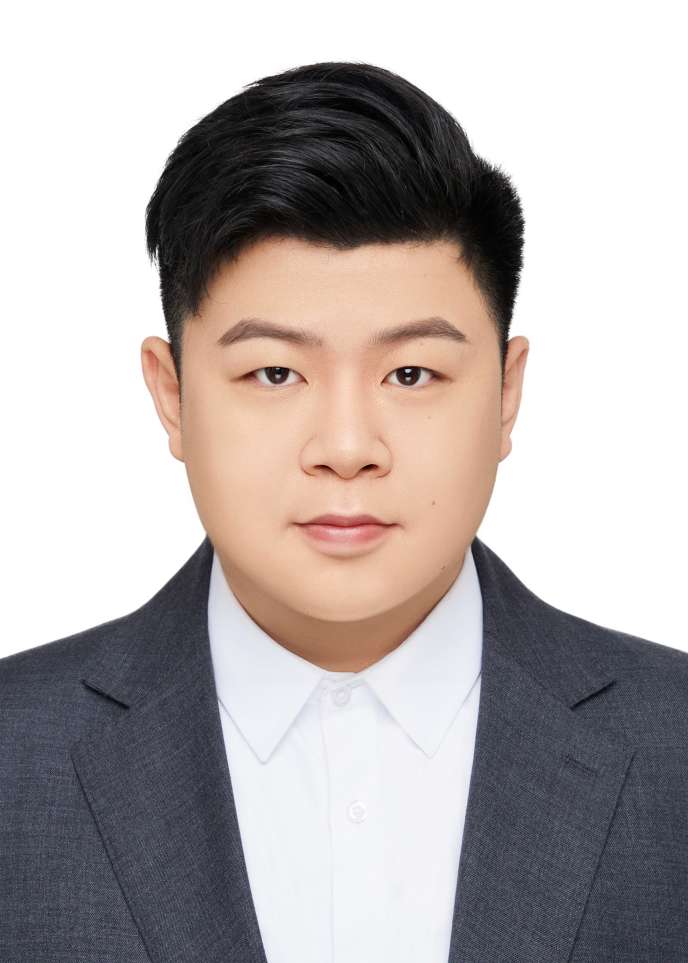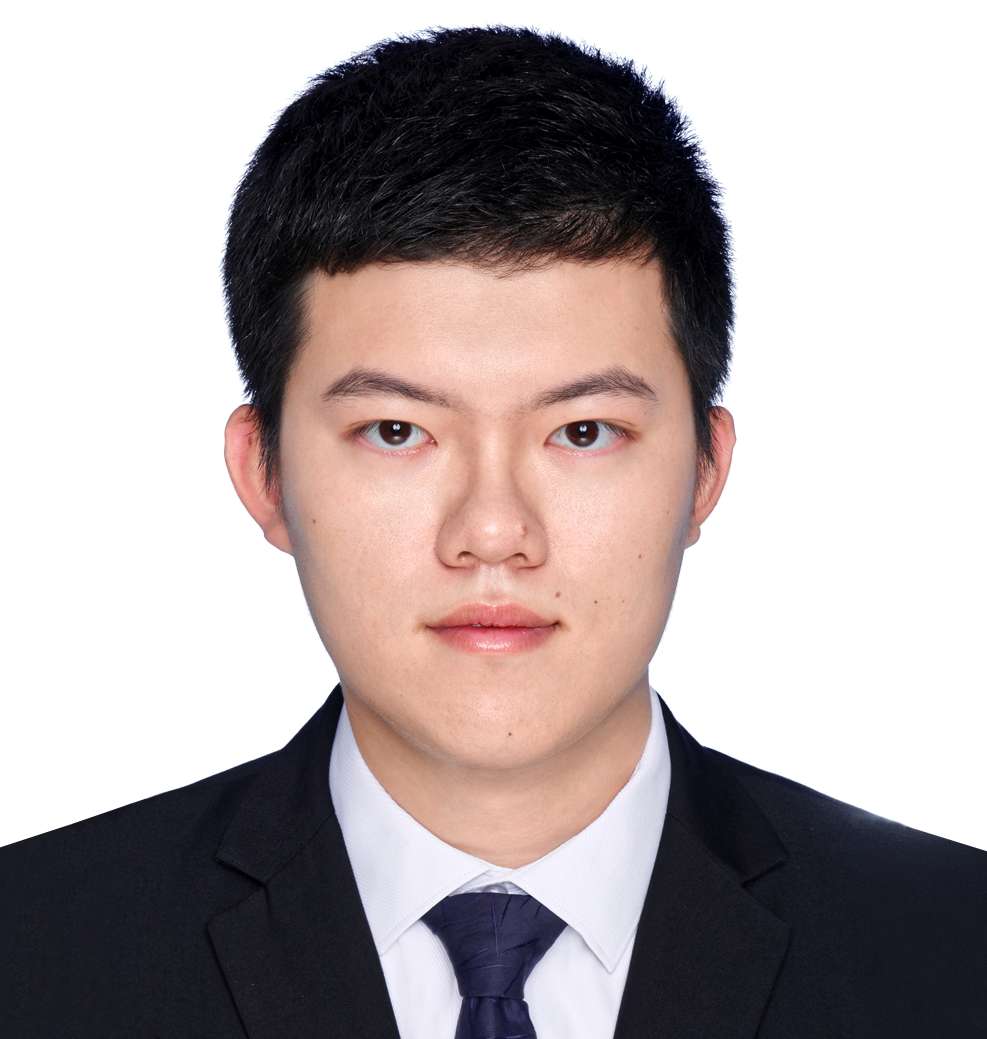A sunny, cheerful diligent and motivated boy. Using LLM to help user to find lowest product and automatically complete some work which can save a lot of time.
My name is Eric Zhao. Currently, I am studying in the EE College of City University of Hong Kong, majoring in Electronic Information Engineering. My main research direction is AIoT, exploring the integration of artificial intelligence and Internet of Things technologies, as well as their roles in the future smart city construction. Golf is a highly technical sport that requires continuous practice and adjustments to improve skills. Traditional training methods rely heavily on the experience of coaches and the subjective feelings of players, often lacking objective data support. In this project, we propose a golf training system based on AIoT, which collects real-time pictures of users hitting golf balls by setting up two high-speed cameras, and reconstructs the trajectory of golf balls through visual algorithms to help users improve golf skills.
I am a positive and passionate individual, always maintaining a strong curiosity and desire to learn new things. In my work, I pay great attention to detail and possess excellent time management and task planning skills, which enable me to efficiently accomplish set goals. At the same time, I am good at teamwork, adept at listening to others' opinions and suggestions, and able to maintain good communication and collaboration with team members to jointly advance the progress of projects. Users can quickly generate matching images through simple text descriptions. Whether it's a specific scene, person, animal, or an abstract concept, the system is capable of accurately understanding the intent of the text and generating realistic visual content.
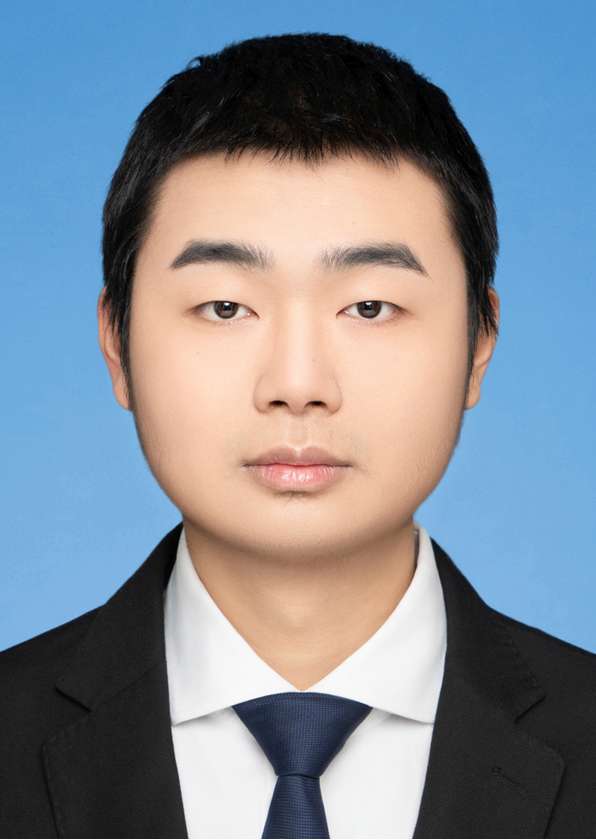
My name is SHI Ruijie and my English name is Jerry. I graduated from Huazhong University of Science and Technology with a Bachelor’s degree and am currently pursuing a Master’s in Electrical and Information Engineering (EIE). My primary project experience includes object detection using deep learning. I am proficient in programming languages such as Python, C, and Go, which I have used to develop efficient algorithms and systems. Currently, I am working on the “Smart Crop Disease Detection by Machine Learning” project, aiming to apply advanced algorithms for early disease detection in crops, attempt to identify plant and disease types using machine learning methods and provide recommendations. In the era of rapid technological advancements in agriculture, machine learning (ML) is emerging as a groundbreaking approach for smart crop disease detection. Agricultural corporations face significant productivity and financial losses due to crop health issues. The application of ML in this area focuses on using advanced algorithms to analyze agricultural data for early disease detection. This research integrates data from various sources, such as field sensors, weather records, and soil conditions, to enhance overall crop health. The impact is profound, as it aims to minimize losses associated with disease-related crop failures and improve agricultural productivity.
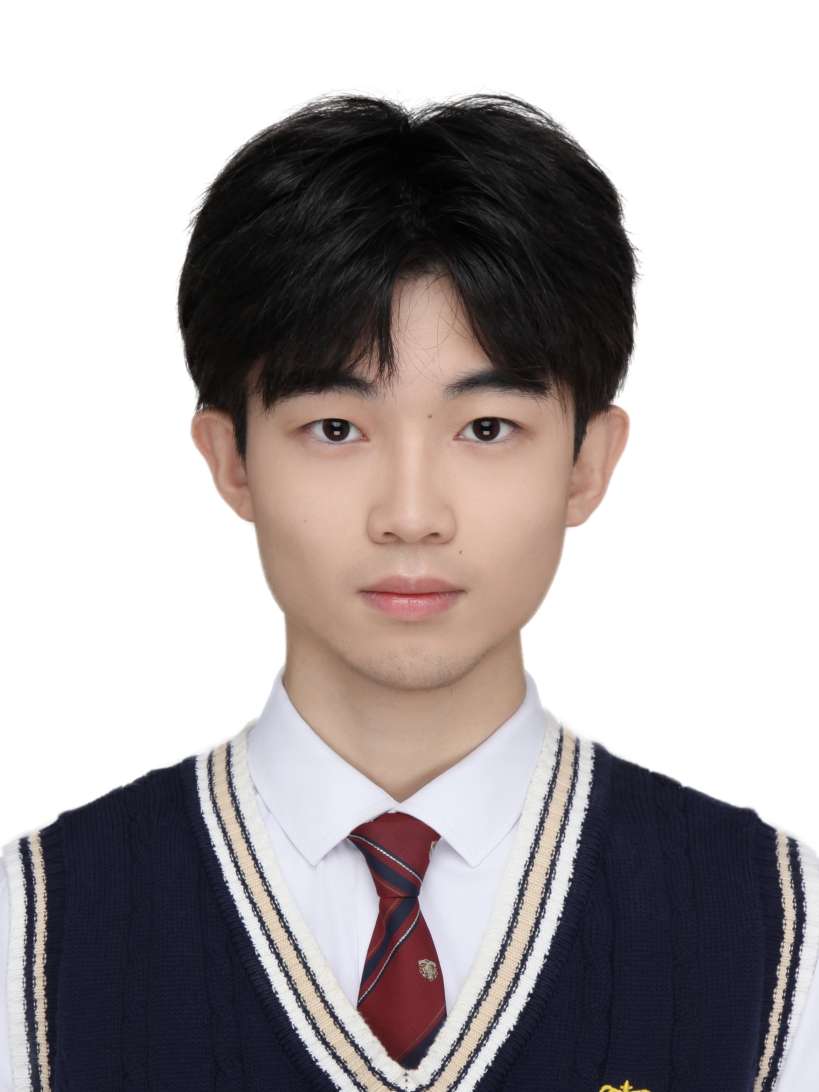
A master in CITYU major in MIT, focusing on the computer vision and LLMs. With extensive experience in full-stack development, he has led and contributed to multiple projects, including a hotel booking website, an online education platform, and an Android memo app. His technical expertise spans programming languages like JAVA, Python, and JavaScript, as well as frameworks such as Spring Boot, Vue.js, and Django. Now, I'm working with Professor Alan and doing the video generation job. In the contemporary digital era, the exponential growth of video content has transformed the way individuals consume information and entertainment. Long-form videos, such as lectures, documentaries, and detailed tutorials, often contain rich and comprehensive information. However, the increasing pace of modern life and the limited attention spans of viewers have created a growing demand for more concise and digestible content. This trend has given rise to the need for efficient summarization techniques that can distill the essence of lengthy videos into shorter, highly informative formats.
In accordance with previous research, I employ the STMB (containing keyframes, feature description and key words) to produce concise video content. The primary objective of this endeavor is to synthesize these videos into a cohesive format, resulting in an abridged version that effectively encapsulates the essence of the original video material.
As a member of the Smart Farm Project, I am primarily responsible for developing self-feedback control and optimizing backend algorithms. My tasks include designing a feedback mechanism to enable the system to operate autonomously by monitoring environmental parameters and adjusting actions accordingly. I will also optimize existing AI algorithms to enhance performance in processing sensor data and predicting crop growth. Additionally, I will analyze collected data to validate the effectiveness of these optimizations. Through collaboration with team members, I aim to ensure our research aligns with project goals, contributing to the overall success of the innovative agricultural technology initiative.
I am a master's student in Cityu Electronic Information Engineering. In January 2025, I chose to join Professor Alan's team to complete my graduation dissertation. My project is based on machine learning for baseball rotation detection. In the project, I applied my professional knowledge and drew many innovative ideas from the team, which gave me a more profound understanding of machine learning and computer vision.
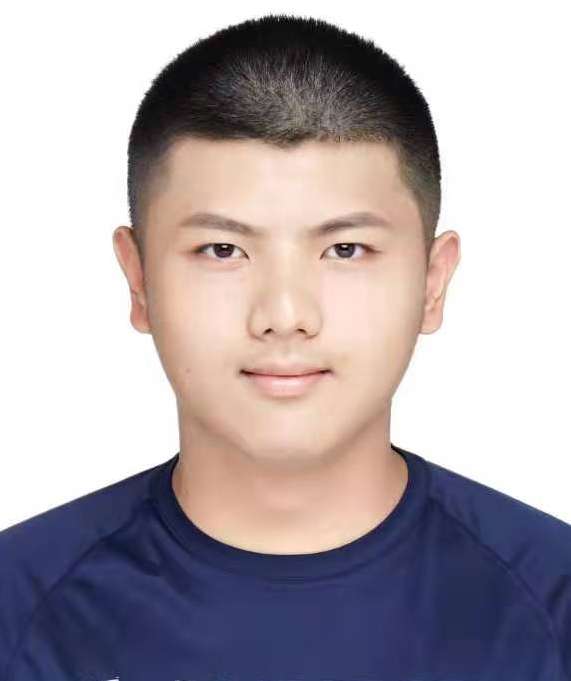
My name is Chi Hongye and my English name is Bill. I'm a Master's student in Electrical and Information Engineering at City University of Hong Kong. Originally from Fuzhou, Fujian, I earned my bachelor's degree in Automation from Fuzhou University. During my junior year, I completed a 4-month internship at Ruijie Networks, gaining hands-on experience in network engineering. My academic projects span IoT systems, WeChat Mini Program development, and deep learning applications. Currently, under Dr. Alan's supervision, I'm researching "GenAI-based Crop Disease Detection via Multiple LLMs Network" for my dissertation, focusing on integrating generative AI and multi-model architectures to enhance agricultural monitoring systems. My dissertation is titled "GenAI-based Corp Disease Detection by multiple LLMs Network". In this project, I am developing a novel multimodal AI system for crop disease monitoring. I combine cutting-edge CV and LLM techniques to achieve automated diagnosis and offer actionable advice. I have designed its layered architecture that includes a user interface, an API gateway, multi-model inference, and an agricultural knowledge base. I employ YOLO11 for crop localization, DINOv2 for disease classification, and Qwen-vl-max for multimodal analysis. The system I've developed exhibits strong performance in complex farm settings. My innovative approaches involve confidence-driven RAG-enhanced knowledge retrieval, a three-stage decision-making protocol (with voting between CV and LLM), and edge-cloud collaboration optimized by model distillation. Additionally, I have created a low-cost minimum viable product using the Hugging Face API, which has practical applications in real-world agricultural extension services.
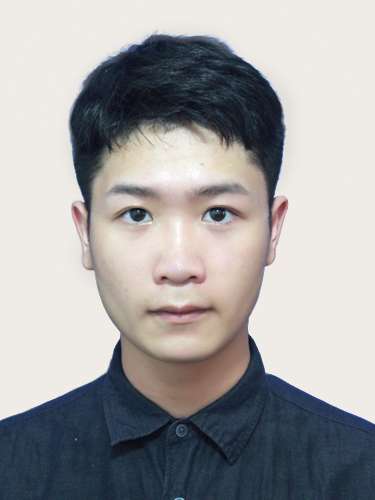
I am a full-stack engineer specializing in cross-platform solutions, visually engaging applications, and multi-agent algorithm development. Proficient in end-to-end solutions, I combine expertise in Kotlin, Python, JavaScript, and frameworks like Node.js/SpringBoot to architect scalable AI-driven platforms. My skills span backend APIs for LLM integration, frontend interfaces with visual storytelling, and 3D visualization tools (Unreal Engine, ZBrush) for immersive technical presentations. Adept at UI/UX design, I bridge AI complexity with intuitive user experiences. Passionate about advancing multi-agent collaboration and LLM optimization, I excel in roles demanding full-stack agility, AI innovation, and cross-disciplinary technical leadership. The framework establishes a multi-agent cognitive architecture. By partitioning the task among specialized agents—each focusing on distinct creative aspects such as plot development, character progression, and stylistic refinement—the framework emulates a collaborative authorship environment. Unlike sequential generation approaches, it implements a dynamic story graph structure enabling parallel narrative development across multiple plot dimensions. This non-linear generation process affords users the flexibility to inject personalized insights and context-specific directives, thereby curating a unique literary experience that transcends traditional constraints. Ultimately, this transformative approach not only augments the creative potential of LLMs but also redefines the authorial role, shifting from passive consumption to active engagement and customization of the storytelling journey.
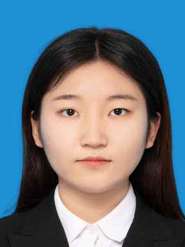
Ge Lanhua, a graduate student in Electronic and Information Engineering at City University of Hong Kong, with extensive interdisciplinary project experience. As the first author, he has published a research paper and obtained a software copyright. He has participated in several innovative projects, including low-light target recognition and medical AI models. Proficient in programming languages such as Python and C/C++, he is skilled in image processing and deep learning model development and optimization. He excels at driving technological research and solving complex problems in high-pressure environments. This project focuses on developing a next-generation AIoT-based edge intelligence system. Using the high-performance Jetson Orin Nano Super platform, it enables real-time visual understanding and intelligent decision-making. Through deep learning models, the system accurately perceives complex images and analyzes plant growth. It integrates lightweight AI inference for multimodal image-to-text translation, providing efficient, low-power data transmission and report generation. The system overcomes traditional data analysis delays and privacy concerns by processing data locally, enhancing efficiency and privacy while reducing communication energy consumption. It is especially suited for smart agriculture, allowing farmers to monitor plant growth in real time and improve productivity.
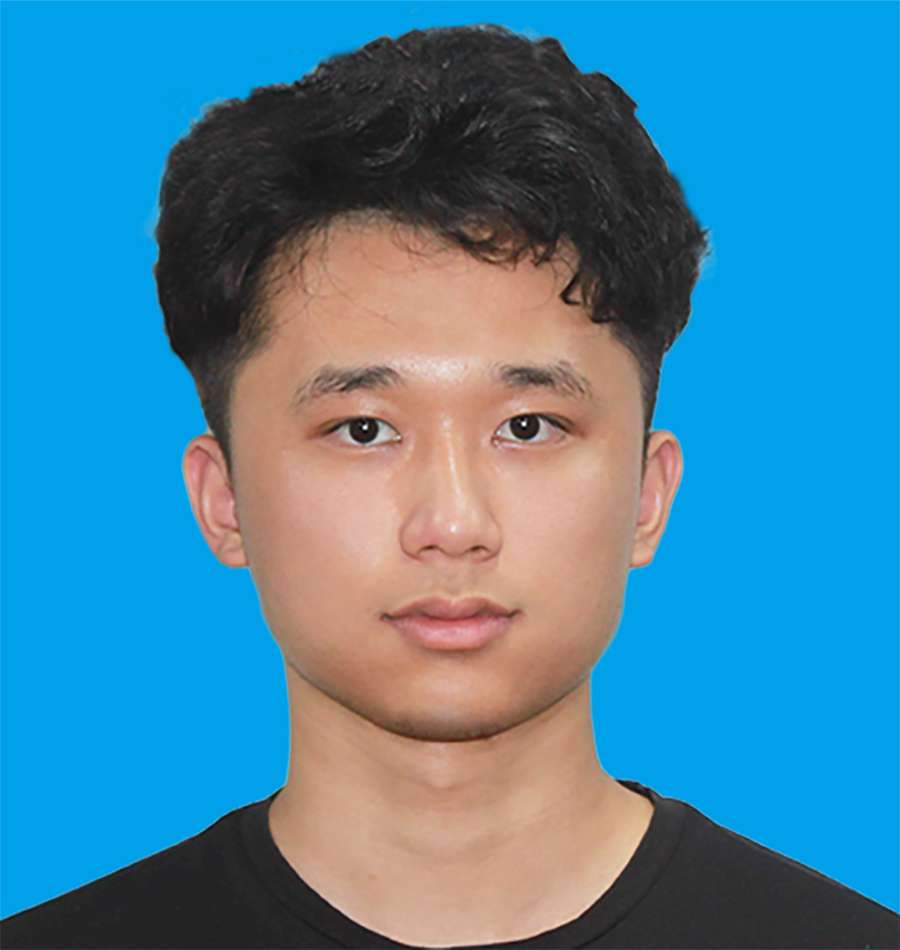
I am TIAN Ganlin (Lisandro) from City University of Hong Kong, majoring in MSc Electronic Information Engineering. I have been in touch with electrical and electronic engineering since my undergraduate stage in Mainland China, studying in the University of Electronic Science and Technology of China (UESTC). My career goal is always to become a professional engineer in EE field and try to make contributions to the society. It is my honor to be a member of Sengital group, and participate in research project based on the state-of-the-art technology. My project concentrates on the application of AI and IoT technology in smart sports, named as the AIoT-based Smart Golf Virtual Trainer. This project aims to blend advanced technology with the rich culture of golf, creating a unique training experience for players of all levels. The system utilizes two low-cost camera nodes to capture videos of the golf hitting, while a smartphone is used to analyze the videos and record the results. A deep learning model for object recognition will be developed to detect the movement of the golf ball efficiently and accurately. The model detection result is used by the smartphone to calculate the initial speed and angle and predict the 3D trajectory using an established physical model. Then a new AI algorithm for golf motion detection will be developed. Thus, this AIoT camera system can be used as the virtual trainer for golf motion detection.
GUO Dongyao Damon received his B.Eng. degree in Computer Science from Northeast Forestry University in 2022. He is currently pursuing an M.Sc. in Multimedia Information Technology in the Department of Electrical Engineering at City University of Hong Kong. His research interests include anomaly detection, large language models, agriculture, and the Internet of Things. The project is titled "GenAI-based Farm Analytics and Optimization Backend System," which will analyze and process agricultural data on cloud and edge computing devices based on large models, RAG, and time-series anomaly detection models. It aims to optimize planting formulas and resource allocation based on specific needs, improving resource utilization efficiency in agriculture and enhancing crop quality.
I am currently pursuing a master's degree in Electronic Information Engineering at City University of Hong Kong, with a bachelor's degree from the University of Electronic Science and Technology of China. I have a passion for traveling. In November 2024, I joined Sengital Limited through a thesis project. My project is about AIoT's BLE edge gateway design. Unlike the traditional gateway, which only serves as a bridge between the end device and the cloud, the computing gateway can simply process information and send it back to end devcie. My goal is to enable the end device to accept direct control from the gateway, reducing transmission latency and improving actuator response efficiency
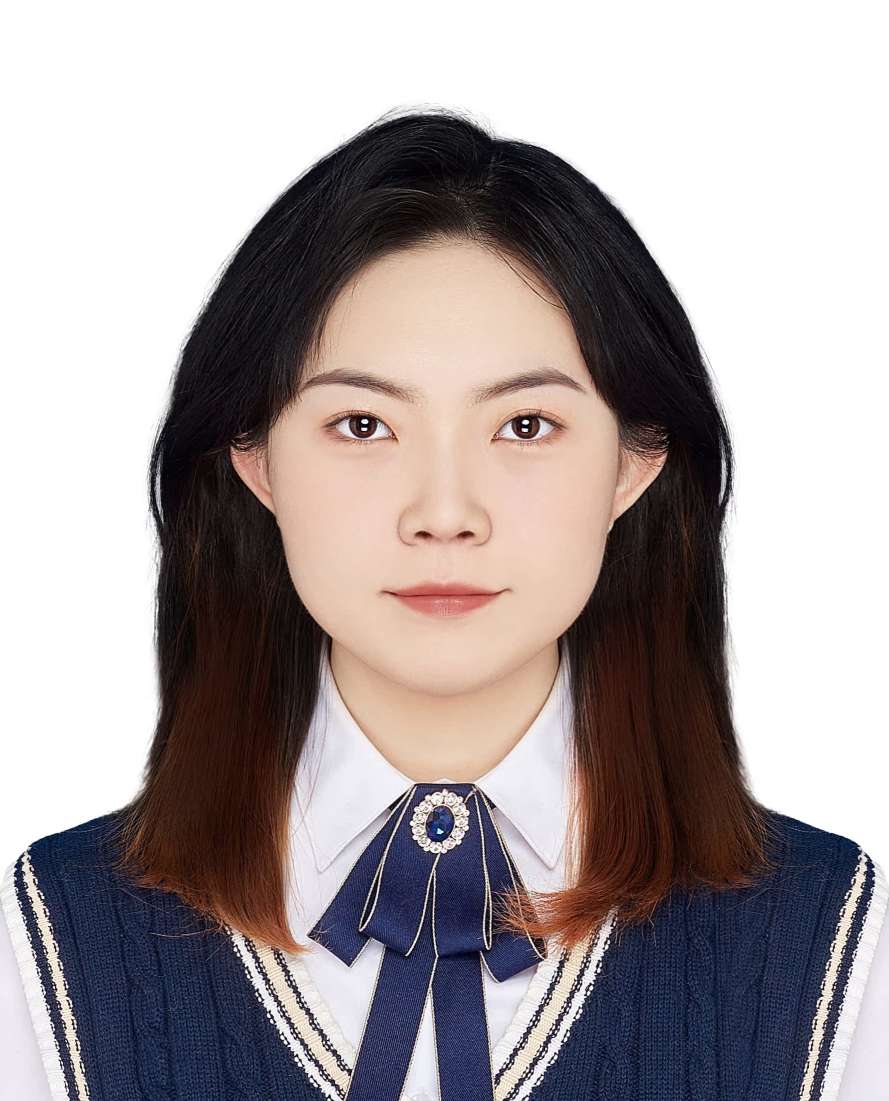
I am currently studying in the major of Electronic and Information Engineering at City University of Hong Kong. I graduated from the University of Electronic Science and Technology with a bachelor's degree. I have relevant experience in developing software for embedded single - chip microcomputers. Additionally, I have project experience in the field of solid - state electronics, such as ceramic materials and nanomaterials. My project is to develop an AIoT Sensor Network System tailored for farm IoT. It involves multiple key tasks. First, I'll determine the most suitable BLE protocol through energy consumption and efficiency tests among options like BLE Mesh, BLE5 GATT, and BLE5 adv - scan. Then, I'll code various sensors such as those for temperature, humidity, and light intensity to ensure stable data transmission and reception, while implementing a sleep mode for power conservation. I'll also design a BLE encoding for cameras and develop an image compression algorithm to reduce image size without sacrificing much quality.
At Sengital, I contributed to two key projects. The first involved developing an Indoor Positioning System using existing Wi-Fi infrastructure, enabling precise location tracking without additional hardware. I conducted extensive research by reviewing academic papers to design and enhance the system's accuracy. This project deepened my understanding of wireless networks and smartphone sensor integration, particularly Inertial Measurement Units. The second project focused on building a Web Search Engine,integrating PDF parsing, optimizing its performance, resolving minor and medium-level bugs, and conducting thorough testing. I also handled deployment to the production server, ensuring seamless functionality. These experiences allowed me to deepen my expertise in wireless networks, back-end development, and AI-driven solutions, while delivering practical and impactful results.
I'm part of a team developing an AI-driven RPA system to automate the buy-and-ship process for a customer portal, integrating multiple e-commerce platforms. My focus is improving the system's accuracy, speed, and functionality by refining workflows and implementing upgrades. Using Python, Playwright for browser automation, and LLM tools, I test and optimize automation scripts to reduce errors and speed up order processing.
"Poster Generator" is the App that leverages GenAI to generate images and content for the poster and compose them to make it look like the work of a professional. Our approach addresses the issue of misspelled text on the generated images. So the user does not have to worry about it and still gets comprehensive results.
My current focus at Sengital Limited is an RPA project that integrates LLMs to automate e-commerce tasks like order processing and data scraping. I've immersed myself in designing workflows that leverage tools such as Vector Databases, RAG frameworks, and Web Drivers, while ensuring reliability through proxies and rigorous testing. This project feeds my love for combining cutting-edge AI concepts—like embeddings and LLM orchestration—with practical automation. Drawing from my coursework in algorithms and AI, I experiment with optimizing how systems parse unstructured data or mimic human interactions. Every line of code feels like a step toward bridging theoretical knowledge and industry needs. The iterative process—debugging, testing, refining—keeps me hooked, reinforcing my belief that intelligent automation can redefine efficiency. It's not just about building tools; it's about crafting solutions that learn and adapt, much like my own journey.
I created a programme that uses AI to detect glaucoma from eye fundus images. It works by first using a UNET to detect the optic disc for segmentation, then a convolutional neural network is used to infer whether the optic disc shows signs of glaucoma or not. I also compared different models of UNET and convolutional neural networks to see which is the most effective. For example, I compared the standard UNET against UNET++ and UNET3+, and with or without pretrained backbone. In the end, I was able to create a programme that can detect glaucoma with around 80% - 90% accuracy. Currently, I am working on an evaluation engine that can identify misinformation.
This project is a data collection engine designed to crawl web links, extract relevant information, and store it in a structured database. It periodically updates stored data to ensure accuracy and freshness, efficiently handling dynamic content changes. The engine incorporates keyword-based filtering and similarity matching to retain only meaningful data while discarding irrelevant information. Optimized for scalability, it supports multi-threaded crawling, adaptive scheduling, and automated deduplication. With a robust backend, it enables seamless integration with analytics tools for real-time insights. This system is ideal for financial, economic, and market-related data aggregation, providing up-to-date, structured information for analysis.
At Sengital, I contributed to two key projects. The first involved developing an Indoor Positioning System using existing Wi-Fi infrastructure, enabling precise location tracking without additional hardware. I conducted extensive research by reviewing academic papers to design and enhance the system’s accuracy. This project deepened my understanding of wireless networks and smartphone sensor integration, particularly Inertial Measurement Units. The second project focused on building a Web Search Engine,integrating PDF parsing, optimizing its performance, resolving minor and medium-level bugs, and conducting thorough testing. I also handled deployment to the production server, ensuring seamless functionality. These experiences allowed me to deepen my expertise in wireless networks, back-end development, and AI-driven solutions, while delivering practical and impactful results.

My system is a sophisticated market analysis and forecasting platform that aggregates and verifies information from various sources to identify undervalued investment opportunities using fundamental analysis, machine learning, and technical forecasting. It begins with market and universe identification, selecting promising sectors and stocks based on financial health, macroeconomic trends, and news sentiment. Historical analysis processes financial data to detect undervalued stocks, and training machine learning models to classify high-potential investments. Future forecasting leverages Transformer, gradient boosting, sentiment analysis, and volatility models to refine entry and exit points. Finally, signal integration combines fundamental and technical insights using a weighted scoring system, generating buy, sell, and hold recommendations. The system is continuously backtested and optimized to enhance accuracy, maximize returns, and adapt to changing market conditions while managing risk.
I’m a HKUST final-year engineering student who loves traveling and experiencing different cultures. That’s why I created an AI-powered itinerary planning website to help people like me plan their trips easily and stress-free. My platform uses smart AI to create personalized travel plans based on your preferences, budget, and interests. Whether you’re a backpacker or a luxury traveler, it suggests the best routes, activities, and hidden gems, so you can focus on enjoying your adventure. My goal is to make travel planning simple, fun, and tailored just for you. Let’s explore the world together—one perfectly planned trip at a time!
I am an undergraduate Computer Engineering student at HKUST. In July 2024, I joined Sengital Limited as a student intern, where I led the development of ResearchPro, an LLM-based research assistant designed to streamline the research process. This hands-on experience allowed me to deepen my expertise in frontend and backend web development, internet computing, and deep learning, particularly in natural language processing and large language model applications. I aim for ResearchPro to empower researchers, from project ideation to academic paper publication.
SARA helps investors and analysts quickly extract key financial data and insights from annual reports. Using AI-powered natural language processing, it evaluates companies based on value investing principles à la Warren Buffett, offering both qualitative and quantitative analysis. SARA supports multi-year and multi-company comparisons for effective industry benchmarking, enhancing decision-making for financial professionals. Continuously evolving, SARA aims to make financial analysis more accessible, data-driven, and reliable.
Trip Planner is an AI-driven web application designed to streamline the travel planning process by automating personalized destination recommendations and itinerary generation. Traditional trip planning is often time-consuming due to information overload and fragmented tools. Trip Planner addresses these challenges through a hybrid recommendation system that combines content-based filtering (leveraging user preferences, city indices, and behaviour tracking) with collaborative filtering (analyzing similarities among users). The system integrates Large Language Models (LLMs), specifically Azure OpenAI GPT-4o mini, to generate constraint-based itineraries optimized for proximity, time efficiency, and user interests. Key technical achievements include ScrapeGraphAI-powered crawlers for dynamic city data collection, a responsive UI with FullCalendar integration, and a time-decaying user profiling mechanism to refine recommendations.
My project focuses on developing a teaching material generator using generative AI to create customized questions and answers. The system leverages AI technologies like LLM to generate contextually relevant content tailored to specific topics and difficulty levels. It addresses challenges faced by both educators and students, such as time constraints in preparing materials and the need for personalized learning. The system offers significant convenience for both teachers and students. For students, it provides immediate performance feedback and auto-marking features, making progress tracking easier. For teachers, it enables instant in-class exercises, saving time and facilitating more dynamic learning. This project aims to improve learning efficiency, enhance educational outcomes, and provide a solution that benefits both individual students and the classroom environment as a whole.
My project focuses on developing a teaching material generator using generative AI to create customized questions and answers. The system leverages AI technologies like LLM to generate contextually relevant content tailored to specific topics and difficulty levels. It addresses challenges faced by both educators and students, such as time constraints in preparing materials and the need for personalized learning. The system offers significant convenience for both teachers and students. For students, it provides immediate performance feedback and auto-marking features, making progress tracking easier. For teachers, it enables instant in-class exercises, saving time and facilitating more dynamic learning. This project aims to improve learning efficiency, enhance educational outcomes, and provide a solution that benefits both individual students and the classroom environment as a whole.
LecSlides is an innovative platform that helps teachers quickly create engaging lecture slides without the usual hassle. It combines automated text generation with a smart image-finding system, allowing educators to focus on teaching rather than formatting. By drawing on official curriculum materials from the Hong Kong Education Bureau, LecSlides produces content that closely matches local academic standards, especially for secondary school math. The platform also simplifies the search for relevant visuals, automatically filtering and choosing images that best fit the lesson topic. Once the text and images are ready, LecSlides turns them into a fully formatted presentation, saving teachers hours of manual work. Whether for busy educators or anyone looking to produce well-structured slides, LecSlides offers a streamlined and user-friendly solution.
SKMS is an AI-driven solution leveraging artificial intelligence, machine learning, and generative AI for efficient video processing, compression, and analysis. It tackles the challenge of long, unstructured videos by transforming them into human-readable, memory-friendly formats. Inspired by cognitive psychology, SKMS automatically extracts key features to generate a concise video summary, a structured narrative, and a visually engaging mind map. By incorporating cognitive mechanisms like attention and perception, SKMS enhances user engagement and meets the growing demand for efficient video summarization in industries such as entertainment, education, and healthcare.
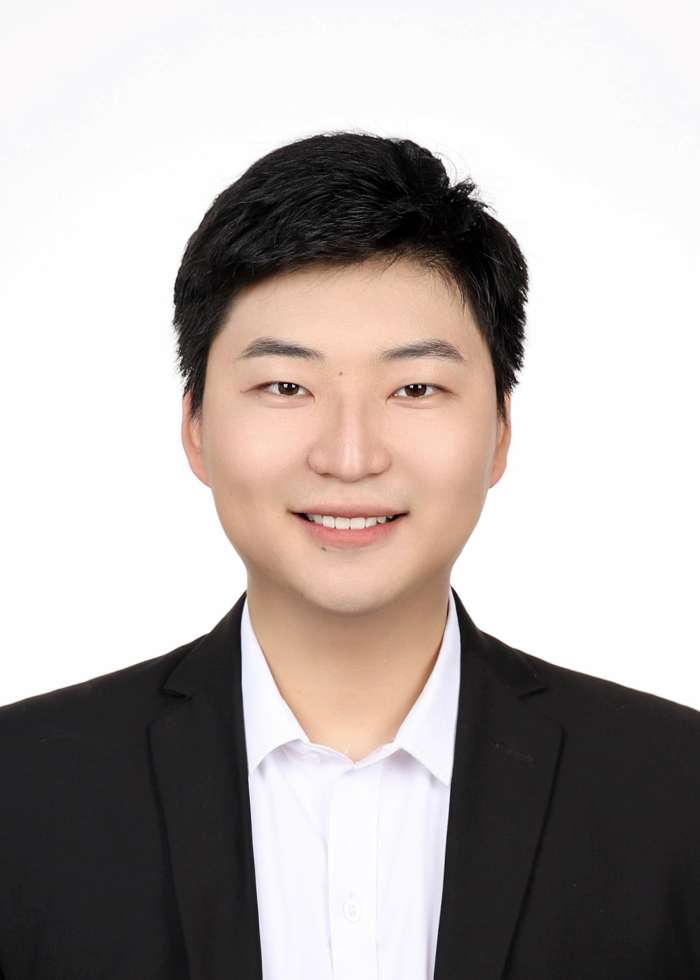
Eden ZHAO graduated from the Department of Electronic Engineering at City University of Hong Kong in 2024 with an MSc in Electronic Information Engineering. Since 2021, he has worked as an Embedded Development Engineer and Project Development Representative at a research institution in mainland China, focusing on radar system development. During his graduate studies, he explored AI technologies and interned at Sengital Limited, where he participated in AIoT and edge computing projects. In 2025, he officially joined Sengital Limited and began his Ph.D. studies at City University of Hong Kong. Eden ZHAO is currently involved in two AIoT-related projects. Smart Farm integrates precision agriculture with edge computing to enable large-scale local networking and closed-loop control, reducing dependence on high-quality network environments and lowering bandwidth requirements. Its core functions include crop classification, growth status analysis, disease and pest detection, intelligent planting strategy decision-making, and expert report generation, providing an efficient and intelligent solution for agricultural production. Meanwhile, Smart Baseball utilizes sensors and smartphones to precisely calculate the trajectory of a baseball, including speed, spin rate, landing point, motion trajectory modeling, and posture analysis. The project aims to provide athletes with accurate and cost-effective training guidance, optimizing training effectiveness and enhancing athletic performance.
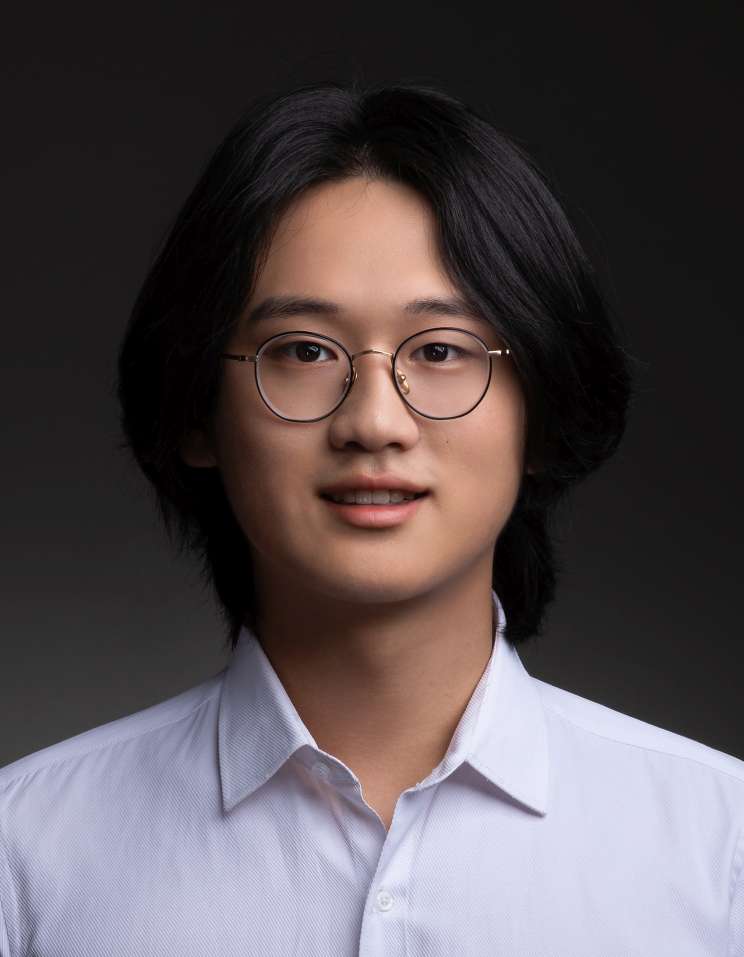
Ash J. S. Shi received his B.Eng. degree in Computer Science from Nanjing University of Science and Technology in 2023. He also holds an M.Sc. in Multimedia Information Technology from City University of Hong Kong, where he is currently pursuing a Ph.D. in the Department of Electrical Engineering. His research interests include computer vision, artificial intelligence, agriculture, and the Internet of Things. Ash J. S. Shi is dedicated to developing a smart farming system that seamlessly integrates AI technologies with modern agricultural practices. The system’s core objective is to determine optimal planting strategies through controlled, variable experiments. IoT sensors will continuously monitor environmental factors such as temperature, humidity, and electrical conductivity (EC), while cameras will capture crop images and store them on a cloud server. Advanced convolutional neural network (CNN) models, including DETR and Effi-Att-UNet3+, will analyze these images to generate explainable metrics such as bud count, leaf morphology, and disease detection. Leveraging the decision-making power of reinforcement learning, the system will refine the optimal planting formulation, ultimately maximizing yield while minimizing costs.
I am a PhD student in Electrical Engineering at City University of Hong Kong. My focus is on developing human-centered AI systems that assist individuals in both everyday tasks and complex knowledge work. With a passion for merging artificial intelligence and human interaction, my research aims to enhance learning, decision-making, and productivity by creating systems that collaborate seamlessly with users. Currently focusing on generative AI agents, using human-inspired methods for long and structural document generation to accelerate global research and productivity.
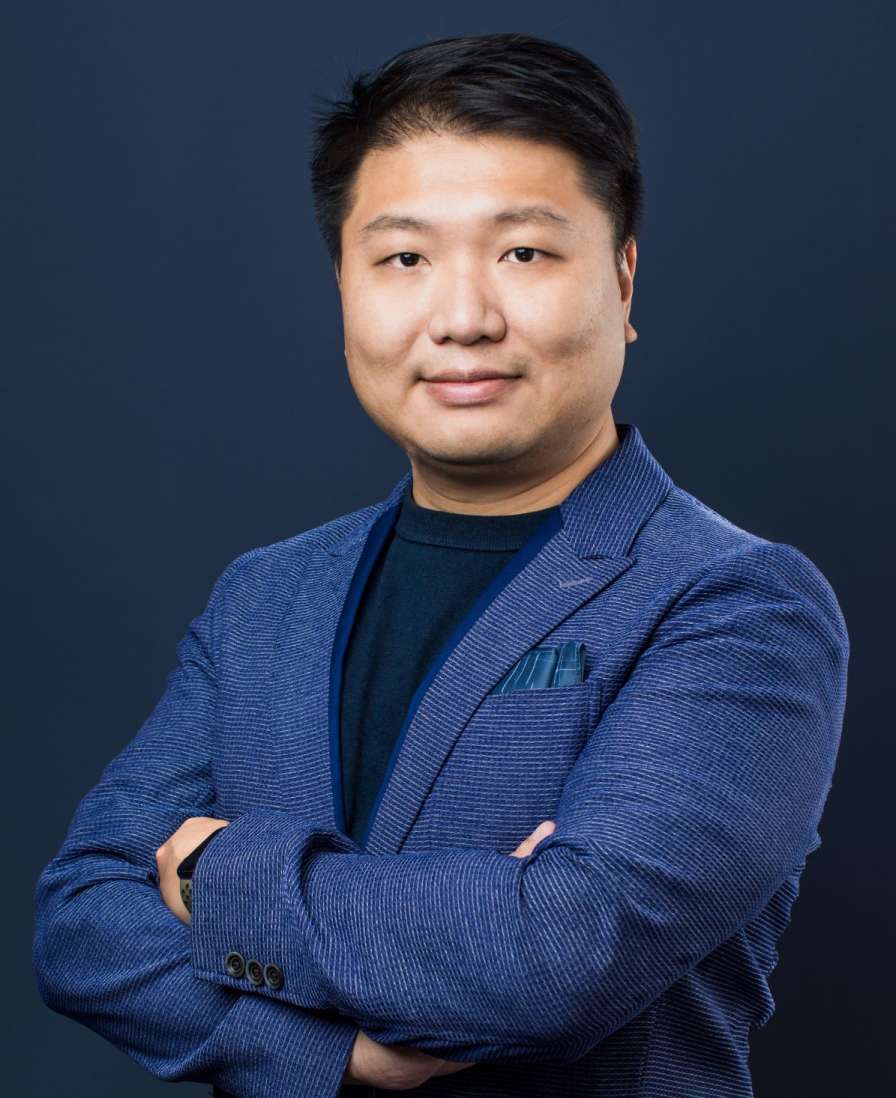
Ken C. H. Ching (Member, IEEE) received the B.Eng. degree in Computer Engineering and M.Sc degree in Information Technology from Hong Kong University of Technology, Hong Kong, China, in 2007 and 2011, respectively. He is currently pursuing his Ph.D. degree in the department of Electrical and Electronic Engineering, The City University of Hong Kong, Hong Kong. His research interests include AIoT, Micro-mobility, Green Transportation, and Data mining for transportation. He was selected as one of the awardees of 2023 Guangdong Hong Kong Macao Greater Bay Area Outstanding Young Entrepreneurs. Rapid urbanization and the increasing demand for sustainable urban mobility have driven a surge in dockless bike-sharing services. However, these systems often face challenges such as oversupply, underutilized resources, and suboptimal community impact, which compromise operational efficiency and service quality. In this paper, we introduce a novel AIoT-based and user behavior-driven management system (AUMS) designed to dynamically optimize dockless bike-sharing services. Over a 15-month period, AUMS was implemented in three phases: a localized feasibility study, a district-wide deployment in Tseung Kwan O, and a comprehensive city-wide experiment across 13 districts in Hong Kong.
Distinct from traditional demand forecasting methods that rely solely on historical data, our approach integrates real-time IoT sensor data from shared bikes with detailed user behavior analytics to identify and address unmet demand through a sophisticated closed-loop control algorithm. AUMS leverages dynamic clustering and comprehensive demand prediction models to balance supply and demand, thereby mitigating oversupply, enhancing resource utilization, and fostering meaningful community impact. Field tests indicate the effectiveness of our system, with a 10.8% increase in bike utilization, an 11.6% rise in trip frequency, and a 29.2% reduction in unmet demand following deployment. These results highlight the potential of AUMS to transform dockless bikesharing operations, offering valuable insights for urban planners, policymakers, and operators aiming to achieve more sustainable and efficient urban mobility.
Fred F. Z. Cai (Member, IEEE) received the B.Eng. degree in electronic information science and technology from South China Normal University, Guangzhou, China, in 2019, and the M.Sc. degree (Distinction) in electronic information engineering from the City University of Hong Kong, Hong Kong, in 2020, where he is currently pursuing the Ph.D. degree with the Department of Electrical Engineering.,His current research interests include artificial intelligence of things (AIoT) and hardware architecture design. My research focuses on innovative AIoT solutions. An AIoT LoRaWAN Control System with Compression and Image Recovery Algorithm (CIRA) for extreme weather monitoring was developed and subsequently published in IEEE IoT-J, while a LoRaWAN-BLE based AIoT Smart Farm Management and Control System was designed and featured in IEEE 10th WF-IoT. Additionally, research is being undertaken on a smart sport AIoT project for sport digitalization and performance enhancement.
